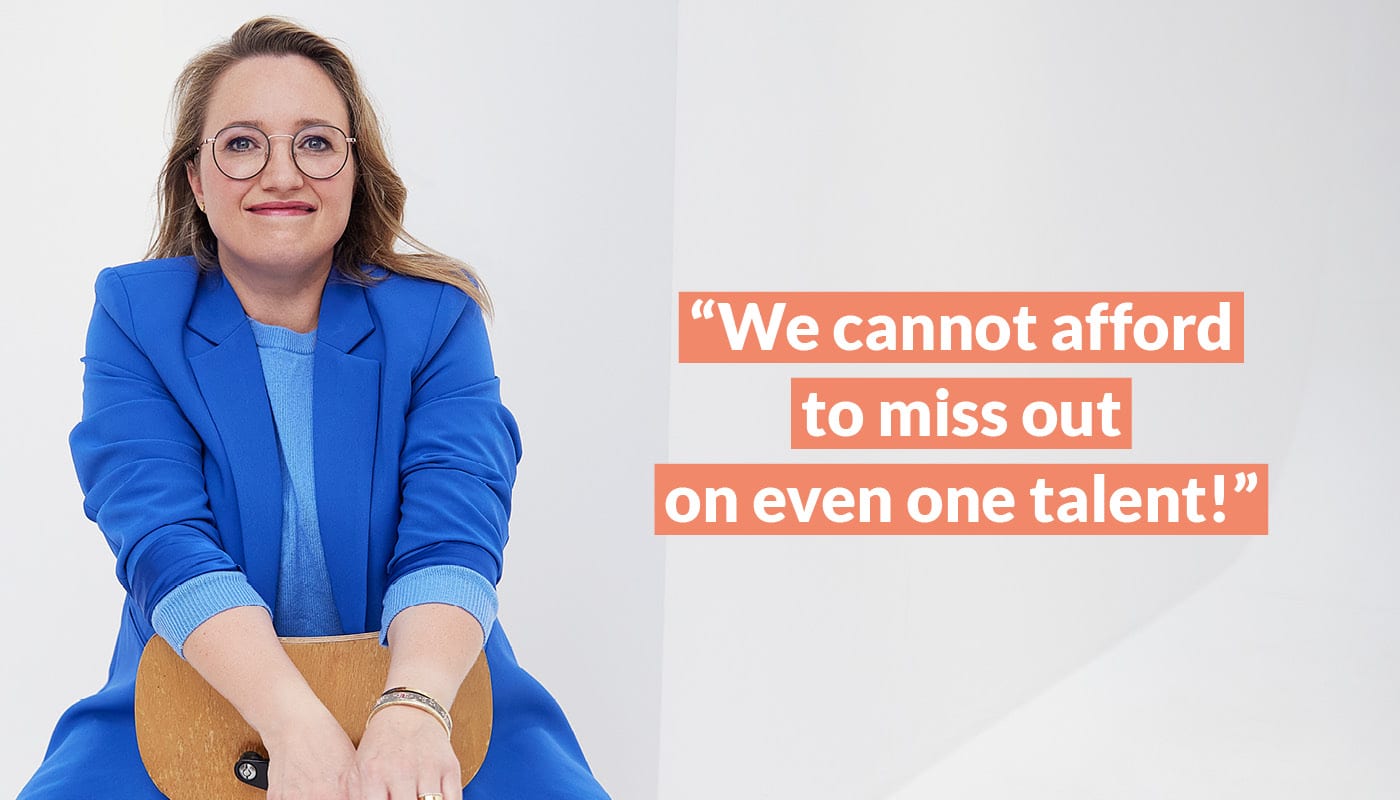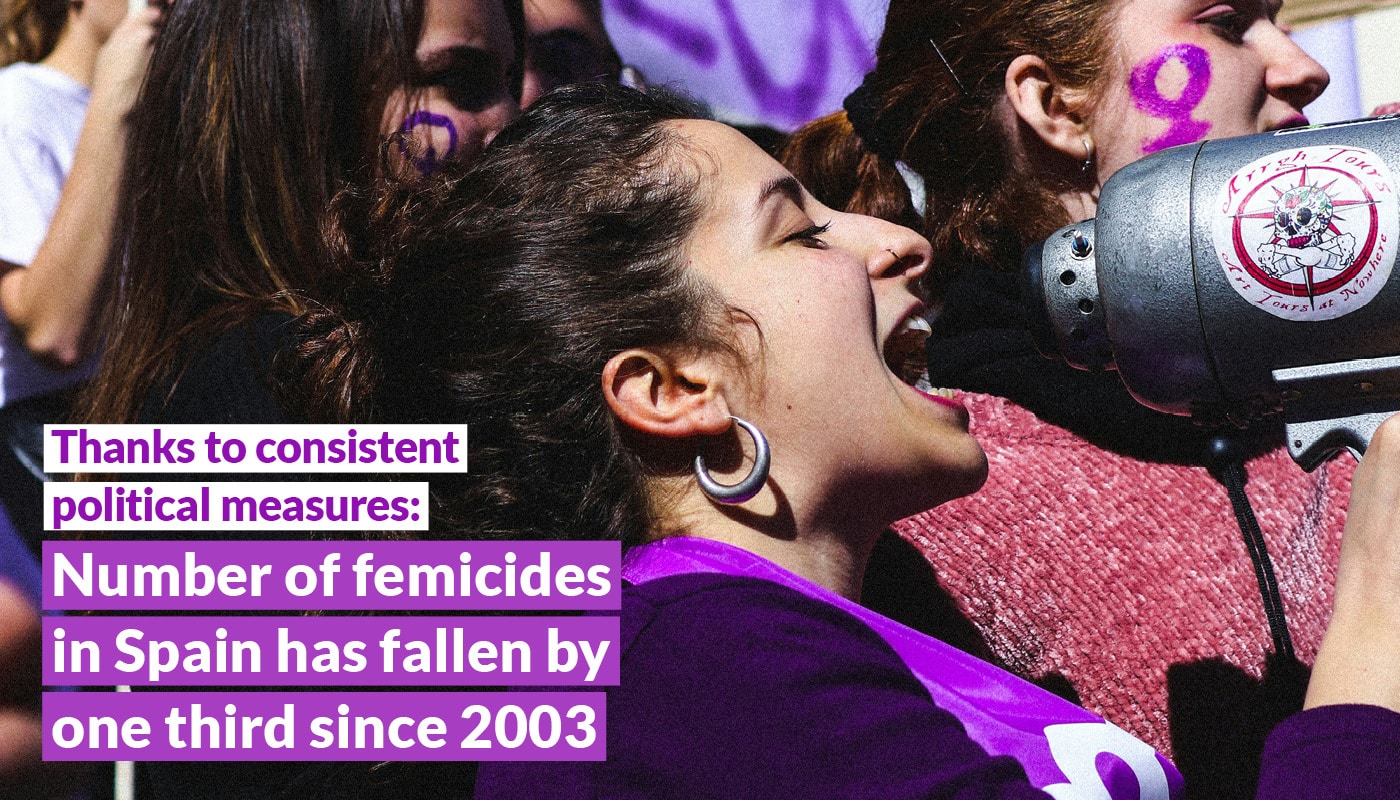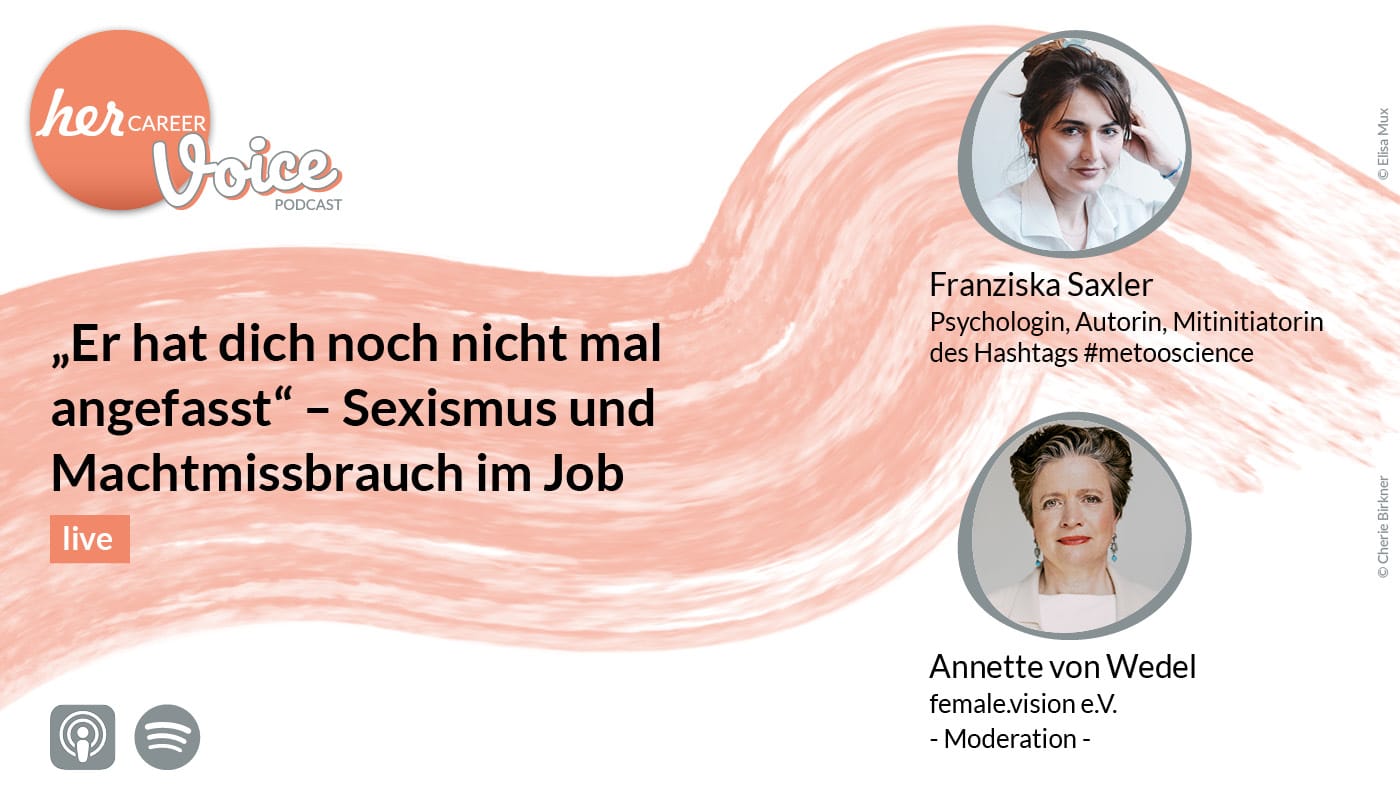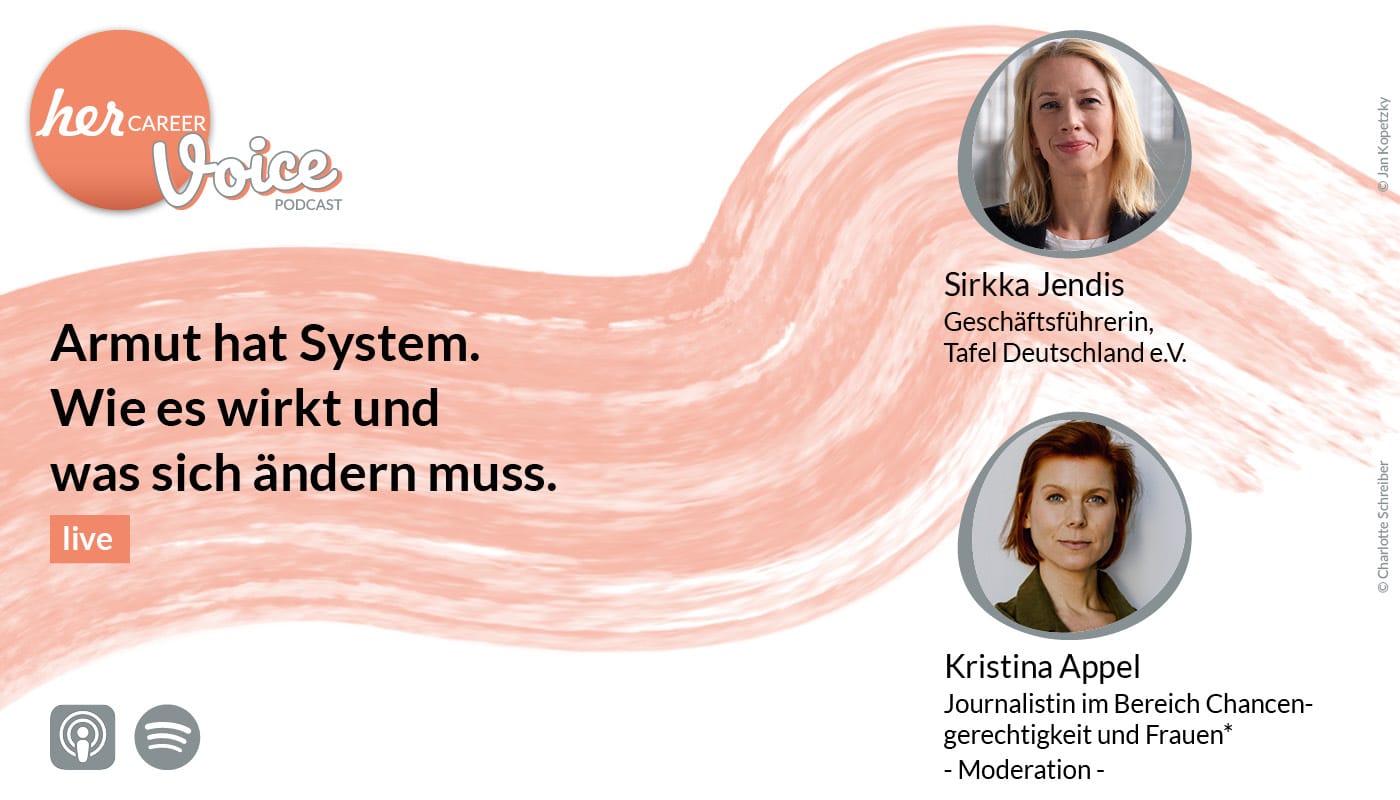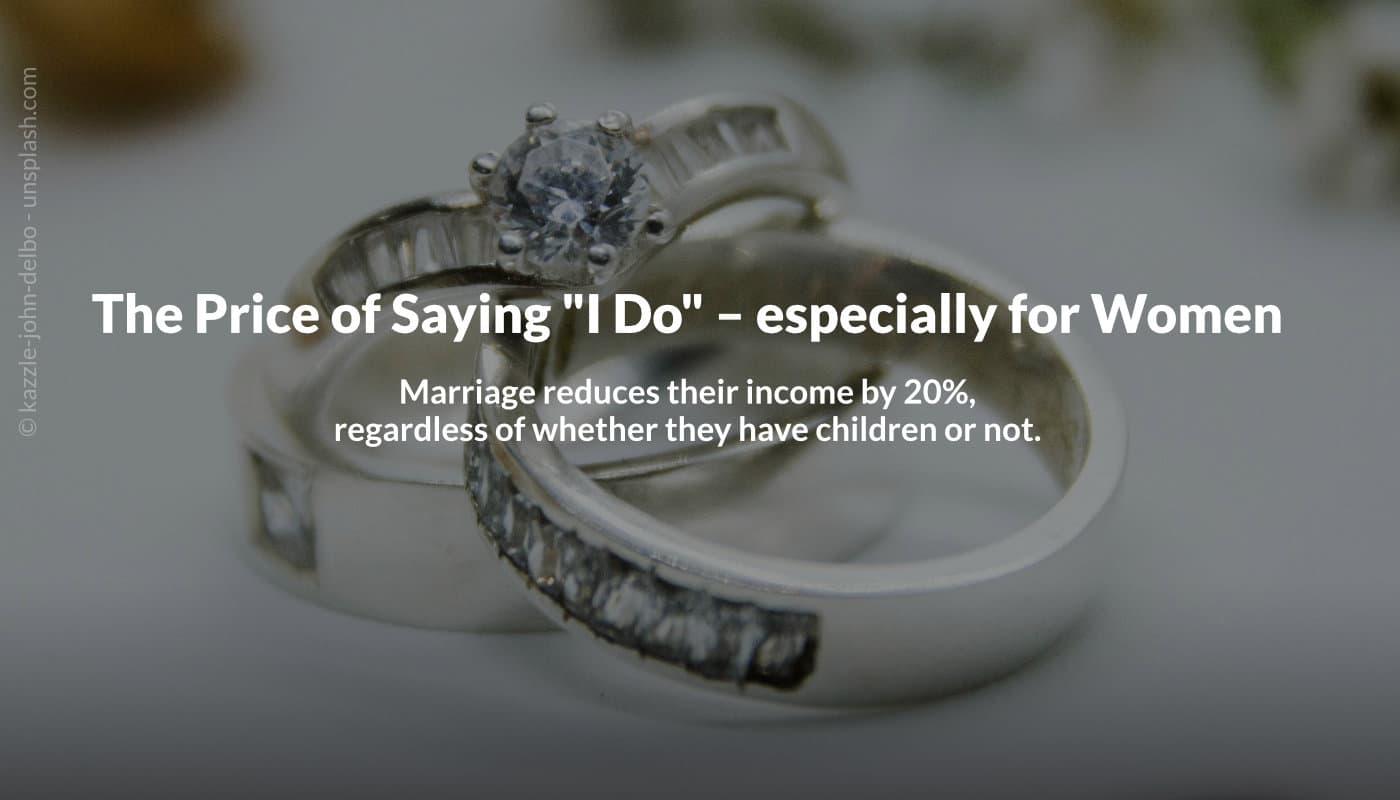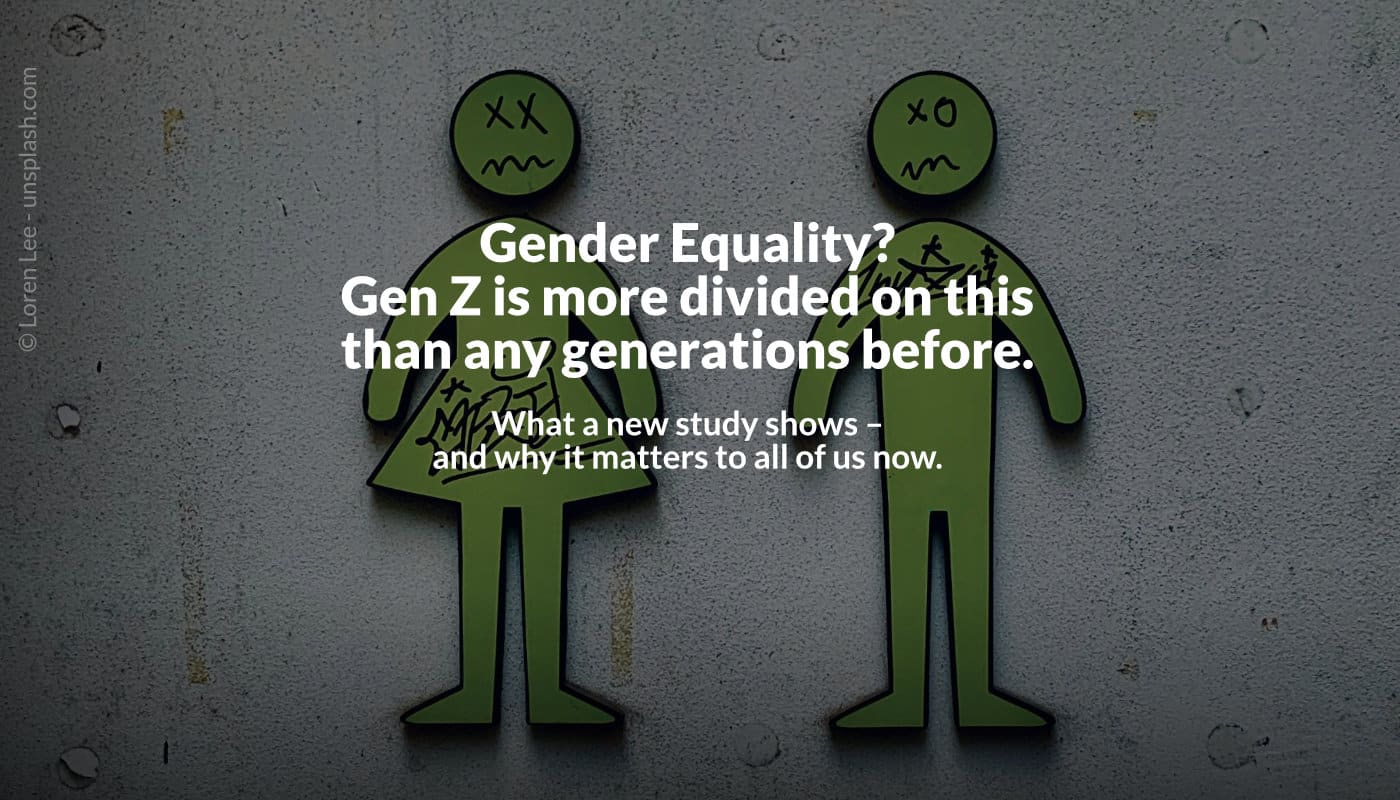Part-time work as a driver of the gender-specific wage gap #GenderWageGap? According to a long-term study presented by Ludwig Maximilian University of Munich in 2022, although women’s labor force participation has increased significantly in recent decades, women often work part-time and at lower (hourly) wages than men. The disparity in pay between part-time and full-time jobs has even widened.
A #study reported by Euronews examined the varying sizes of wage gaps across European countries. “The gender-specific wage gap is much more than equal pay for equal work. Women in Europe face significant inequalities in access to work, career advancement, and compensation.”
The “unadjusted” gap averaged 12.7% across the EU in 2022. Accordingly, women earned €87.30 for every €100 a man earned and would need to work 1.5 months longer to offset the difference. In Germany, the gap exceeded the average at 17.7%. However, the gap had narrowed in most countries between 2012 and 2022, including Germany, by 5%. (This doesn’t quite align with the findings of the LMU study, which covered 30 years instead of 10.)
One significant reason cited for the wage gap is “sectoral segregation”: the overrepresentation of women in lower-paying sectors such as caregiving, healthcare, and education.
A ZEIT ONLINE article from 2018 addressed this aspect, mentioning the “devaluation thesis,” which suggests that a higher proportion of women in a profession “devalues” it and lowers wages for both men and women. However, one study found that while the average wage level in a profession decreases by about 1% when the proportion of women increases by 10% in the previous year, “the salaries do not decrease for both genders. Rather, an increasing proportion of women lowers the average wage because women bring their lower salaries into the profession. The pay of men in the industry does not decrease.”
A study by the WSI of the Hans-Böckler Foundation examined how the differential evaluation of work in various professions contributes to the #GenderPayGap. The “Comparable-Worth Index” compared job requirements and stresses. The result confirmed a gender-differentiated evaluation and compensation for (equivalent) work to the detriment of female employees.
According to ZEIT, the study’s authors aim to move towards a new evaluation of what people in specific industries must accomplish – and “that responsibility is not automatically equated with leadership responsibility, but also that the responsibility for the well-being of other people is fairly compensated: work that is often performed by women.”
Could “part-time for everyone” at the leadership level contribute to more justice?
See here: https://lnkd.in/eMjigjuW

Posted by Natascha Hoffner, Founder & CEO of herCAREER, WiWo columnist, LinkedIn TOP Voice 2020, W&V 2019 – 100 Köpfe
published on LinkedIn on 20.03.2024
References:
- https://de.euronews.com/next/2024/03/08/geschlechtsspezifisches-lohngefalle-in-europa-wie-schneiden-die-lander-bei-der-verringerun
- https://www.lmu.de/de/newsroom/newsuebersicht/news/studie-teilzeitarbeit-ist-wichtiger-treiber-des-gender-wage-gap.html
- https://www.zeit.de/arbeit/2018-06/gehaltsunterschiede-frauenberufe-loehne-gender-pay-gap/komplettansicht
- https://www.boeckler.de/pdf/p_wsi_studies_14_2018.pdf


